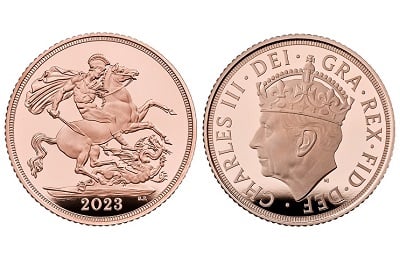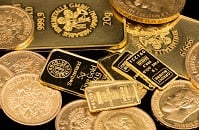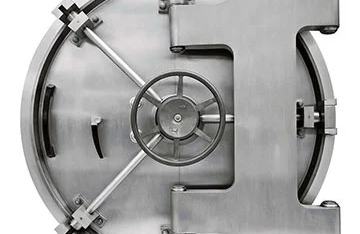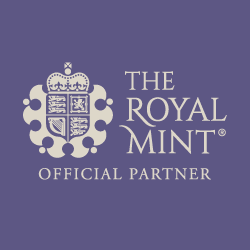UK inflation remains in double digit territory following the latest figures released today. At 10.1% annually, inflation is proving increasingly sticky, and will give the Bank of England more cause for further rate hikes at their next meeting.
Despite a small fall from last month’s 10.4%, markets had hoped for a bigger fall that brought the UK’s inflation rate back into single digits. Food, drink and energy were the biggest contributors, with food in particular seeing huge increases year-on-year, adding more pain to squeezed household budgets.
Inflation is falling much faster in the US and EU – at 5% and 6.9% respectively – and leaves the Bank of England looking increasingly behind the curve. That the UK’s inflation rate is now double that of the US, and more than five times the BoE’s target of 2% is not a good look, and markets have now raised expectations for further hikes to come.
The BoE will next meet on May 11th and are expected to further hike rates by at least 0.25% points, taking the rate to 4.5%. This would be the highest interest rates have been since October 2008, and more hikes could be needed if inflation doesn’t start moving in the right direction quickly.
The expectation of further hikes has pushed Sterling up this morning, hitting a peak of $1.247 so far. GBP is up more than 5% versus the dollar in the past 6 weeks and could push up higher if interest rates hit 5% as markets currently expect.
The dollar has enjoyed its own rebound in the past few days however, following a weak spell for the Greenback. This has helped push gold back below $2,000 per ounce today. Combined with the stronger pound, this means gold has fallen to a two-week low of £1,588 so far today here in the UK. Silver has also been pulled down to a similar two-week low of £19.87 per ounce.
The return to a narrative of inflation, interest rates, and currency strength will be familiar for many investors over the past year, and for the UK it looks to be sticking around for a while yet. Whether due to ‘greedflation’, a wage-price spiral, Brexit, or the war in Ukraine, prices continue to climb in the UK, and both the government and Bank of England will be feeling increasing pressure to bring inflation back down in line with other countries.











